
It is because of these reasons that public adjusters exist. It's a way for us to check the insurance company and give you an expert advocate. Our purpose, as public adjusters, is to level the playing field and do everything we can to ensure the property owner gets compensated and treated fairly throughout the entire claims process.
Unfortunately, not enough people know that public adjusters exist. If you turn on the TV any given day, chances are that you won't have to wait too long before you see an insurance commercial. But you could watch a lifetime of TV and not ever hear about a public insurance adjuster and how they really are the ones who are "on your side". That's simply due to the fact that public adjuster companies tend to be smaller, and you don't make TV commercial type money helping the little guys. But that's ok! We don't just do this for the money. Otherwise we'd be working for one of the big insurance companies. We have a passion for helping people and making things right!
One of the reasons we started this blog is to help get the word out that home and property owners don't have to feel overwhelmed and alone when going through the process of an insurance claim. There is someone just a phone call away that can take away much of the stress from what is probably already a tough situation. Because we work for you, and not the insurance company. That means we fight for you and give you expert advice every step of the way.
As part of our blog this year, we will have a series secret tips to help property owners know what to do when a insurance claim needs to be filed. We look forward to shedding some light on to some difficult situations, and offering our help wherever we can. We hope you have a great 2015 and that you'll let us help you if the need ever arises. From all of us at Blue Raccoon, thanks!


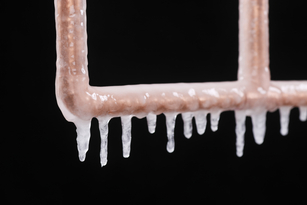

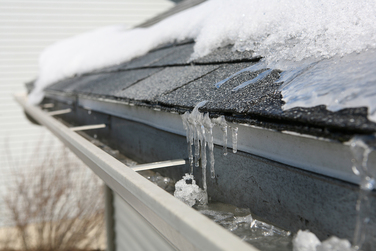
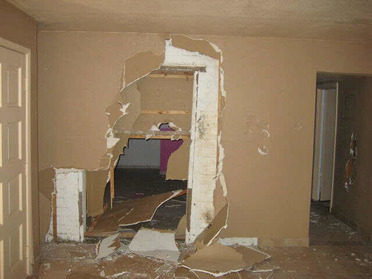
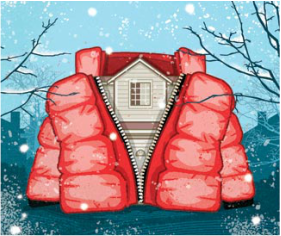

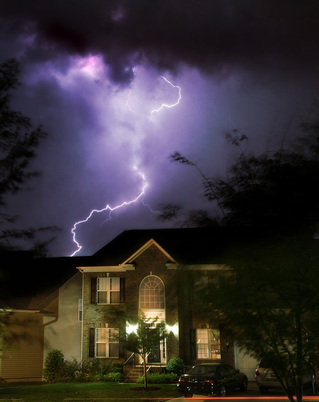

 RSS Feed
RSS Feed

